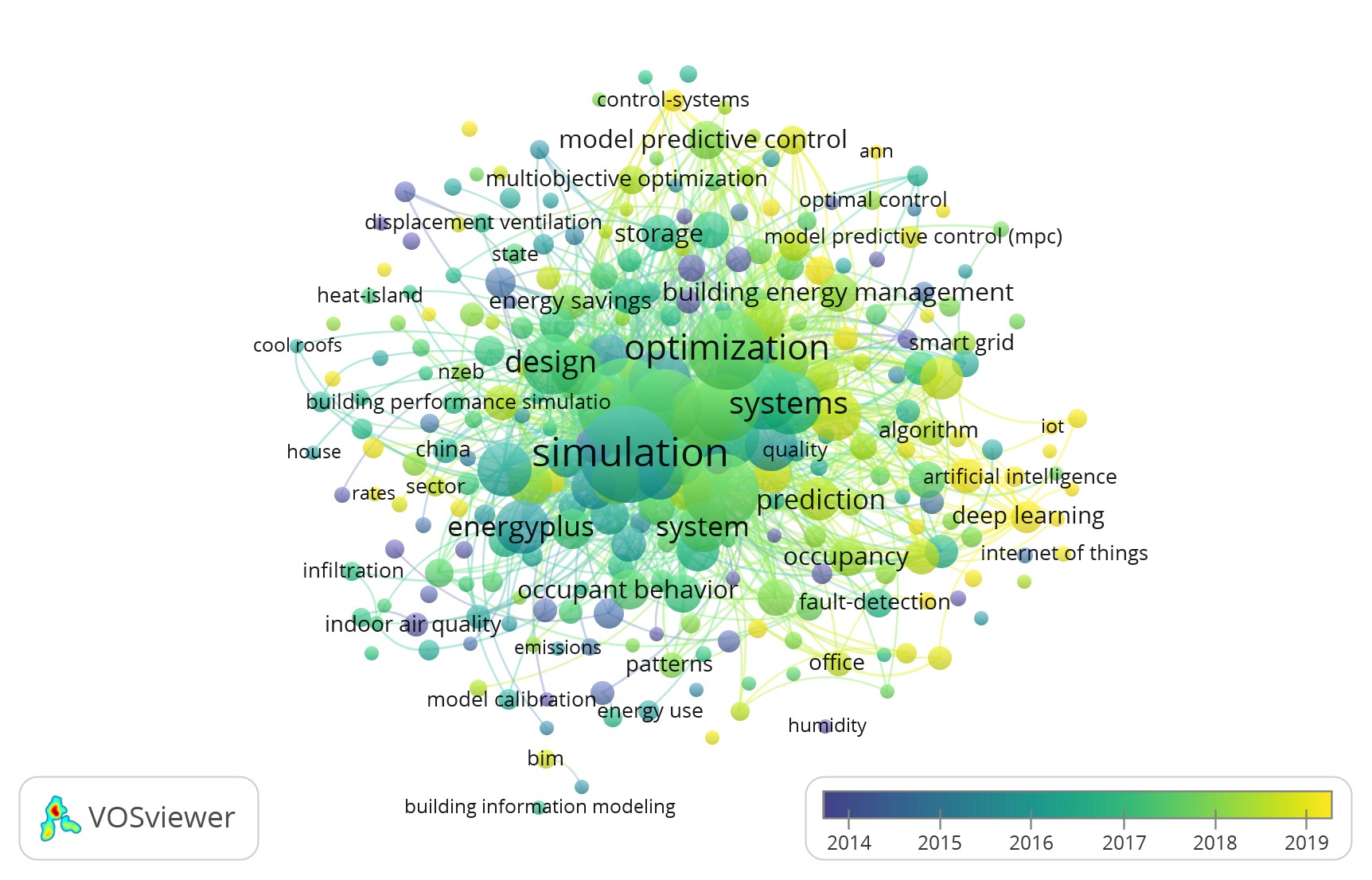HVAC and Healthy Buildings
A special issue of Sustainability (ISSN 2071-1050). This special issue belongs to the section "Green Building".
Deadline for manuscript submissions: closed (30 November 2022) | Viewed by 2150
Special Issue Editors
Interests: complex systems modelling; energy engineering; HVAC&R; system dynamics; waste to resources
Special Issues, Collections and Topics in MDPI journals
Interests: healthy building; high-performance building; phase change materials
Special Issues, Collections and Topics in MDPI journals
Interests: distributed energy system; healthy building; thermal performance; timber
Special Issue Information
Dear Colleagues,
Creating healthy indoor environments for building occupants and utilising cleaner energy resources are more important than ever. The current COVID-19 pandemic and the extreme weather events we are facing across the globe are timely reminders, calling for more resilient buildings with fewer greenhouse gas emissions. The importance of health and well-being for all and affordable and clean energy are highlighted in the UN’s Sustainable Development Goals (SDG).
The heating ventilation and air conditioning (HVAC) system is a determiner in providing improved indoor air quality and reduced energy consumption. The design of a HVAC system is challenging, since its performance depends on many competing factors. To make the building disease-resilient, ventilation, filtration, and air cleaning are paramount in reducing airborne infectious aerosol exposure. The provision of higher rates of fresh airflow, cleaning return air, and better air distribution methods have been recommended for reducing indoor air pollutants. Some of these actions may result in increased energy consumption. Thus, the application of more sustainable energy sources for space heating, cooling and ventilation is important.
A current bibliographic analysis conducted based on the Web of Science citation database produced a co-occurrence analytical map of keywords (Figure 1) within the dataset (topic search, “HVAC” AND “Building Energy”). Over the last three years, the emerging clusters identified are in areas such as energy saving, occupant behaviour, algorithm, multi-objective optimization, control systems, model predictive control, deep learning, artificial intelligence, ANN, and the Internet of Things. This Special Issue aims to cover both developed and emerging areas of HVAC and building energy (Figure 1), supplementing the existing literature.

Figure 1. Co-occurrence analytical map of keywords within the dataset
Potential topics of this Special Issue include, but are not limited to, the following:
- Affordable HVAC systems;
- Building codes and regulations for disease resilience and sustainability;
- Deep learning for indoor air quality control;
- Emerging air filtration and cleaning techniques;
- Integrated design process for low-carbon HVAC;
- Low-carbon HVAC systems;
- Low-carbon retrofit interventions;
- Model predictive control of HVAC system for various building typologies;
- Modelling, simulation and optimisation of disease-resilient HVAC systems;
- Occupant behaviour and interactions with HVAC systems;
- Passive and low-energy HVAC solutions;
- Retrofit HVAC systems for more disease resilience and better energy efficiency;
- Risk analysis and risk management of HVAC system impact on health;
- Solar cooling and heating systems;
- Zero-carbon HVAC systems.
Prof. Dr. Lu Aye
Dr. Amitha Jayalath
Dr. Philip Christopher
Dr. Paulo Vaz-Serra
Guest Editors
Manuscript Submission Information
Manuscripts should be submitted online at www.mdpi.com by registering and logging in to this website. Once you are registered, click here to go to the submission form. Manuscripts can be submitted until the deadline. All submissions that pass pre-check are peer-reviewed. Accepted papers will be published continuously in the journal (as soon as accepted) and will be listed together on the special issue website. Research articles, review articles as well as short communications are invited. For planned papers, a title and short abstract (about 100 words) can be sent to the Editorial Office for announcement on this website.
Submitted manuscripts should not have been published previously, nor be under consideration for publication elsewhere (except conference proceedings papers). All manuscripts are thoroughly refereed through a single-blind peer-review process. A guide for authors and other relevant information for submission of manuscripts is available on the Instructions for Authors page. Sustainability is an international peer-reviewed open access semimonthly journal published by MDPI.
Please visit the Instructions for Authors page before submitting a manuscript. The Article Processing Charge (APC) for publication in this open access journal is 2400 CHF (Swiss Francs). Submitted papers should be well formatted and use good English. Authors may use MDPI's English editing service prior to publication or during author revisions.
Keywords
- post COVID-19
- space heating
- space cooling
- ventilation
- high performance building
- healthy building
- modelling
- simulation
- optimisation
- model predictive control
- solar cooling
- risk analysis
- risk management
Benefits of Publishing in a Special Issue
- Ease of navigation: Grouping papers by topic helps scholars navigate broad scope journals more efficiently.
- Greater discoverability: Special Issues support the reach and impact of scientific research. Articles in Special Issues are more discoverable and cited more frequently.
- Expansion of research network: Special Issues facilitate connections among authors, fostering scientific collaborations.
- External promotion: Articles in Special Issues are often promoted through the journal's social media, increasing their visibility.
- e-Book format: Special Issues with more than 10 articles can be published as dedicated e-books, ensuring wide and rapid dissemination.
Further information on MDPI's Special Issue polices can be found here.








